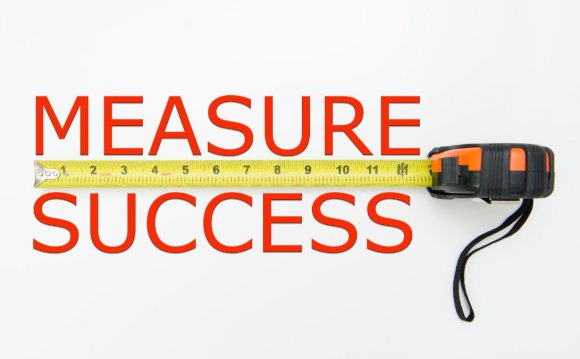
The primary purpose of an environmental consulting business is to provide businesses and organizations with access to a range of professional services related to environmental concerns. It is important to note that there are actually two very different types of environmental consulting services: assessment and advising. An increasing number of firms provide both services, utilizing in-house expertise to meet the needs of different client groups.
An environmental consulting business that focuses on assessment services is typically retained by government departments and construction and property development firms. The primary service provided is to review proposed building or development plans and document the impact on the local environment of those plans. The vast majority of construction and development proposals must include an environmental impact assessment. This report is created by professional, licensed environmental engineers, together with experts in biology and environmental science.
The purpose of the report is to obtain an independent, unbiased opinion of the long-term impact of any proposed development. Although many people feel that it simply adds to the costs of public works projects, these assessments often identify issues that were not discovered in other parts of the process. Underground streams, different soil conditions, water run-off, and surrounding development all impact the cost and risks of any development project.
There is a specific set of skills required to set up an environmental consulting business. In consulting, the primary asset of the firm is the staff and its skills. There are usually three levels of staff members in this type of firm: subject expert, senior consultant, and junior consultant. The subject expert often has extensive experience and formal training in the field. He or she is often a founding partner and has limited interaction with clients.
A senior consultant with an environmental consulting business has 10 to 12 years of experience in the field and is assigned to projects as a project manager or coordinator. He or she is ultimately responsible for managing the project team, meeting the client’s requirements, and producing the final report. Formal academic credentials are required for this position, most commonly at the master's or doctoral levels.
Junior consultants work under the guidance of the senior consultant. He or she is responsible for conducting the field work, meeting with the client, and providing detailed reports to the senior consultant. An undergraduate degree and at least three years of professional experience is required to qualify for this type of position.











